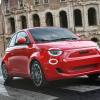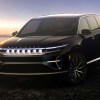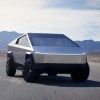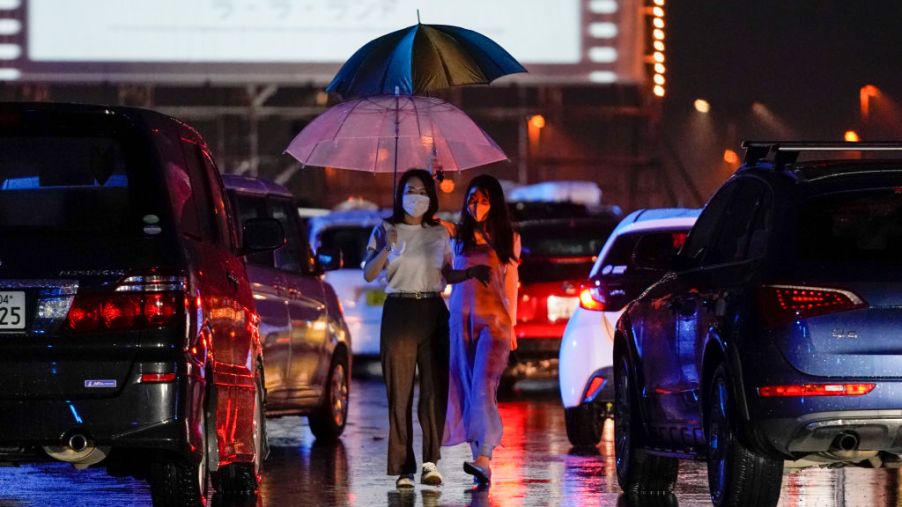
Japan Banning Diesel and Gas-Powered Vehicles-Is The US Next?
NHK Broadcasting has reported today that Japan will be banning diesel and gas-powered vehicles-probably by 2030. This aligns with the global shift we are all seeing throughout Europe, and even in some states in the US. Since it is a slow wave picking up steam is the US next for an all-out ban on gasoline-powered vehicles?
In October Japan pledged to drastically cut carbon emissions to zero by 2050. It is now the second G7 country to set a specific date to phase out ICE vehicles. The UK, France, and Norway have banned the sale of new gas-burning and diesel-powered vehicles also by 2030. Prime Minister Boris Johnson is calling it a green revolution.
Rome and Milan have banned ICE-powered vehicles entering certain parts of these cities
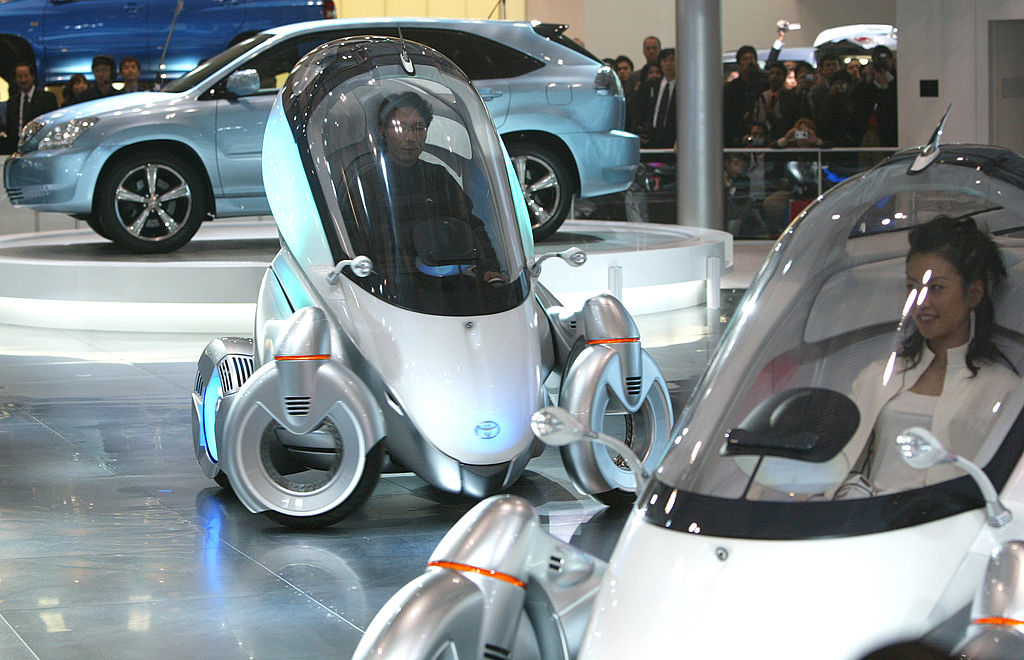
The cities of Rome and Milan in Italy have likewise banned ICE-powered vehicles entering certain parts of these cities. As a comparison, California has pledged the same by 2035. Washington and Hawaii are seriously looking at following California’s lead. California leads the sale of all vehicles in the US with 12%.
Boston Consulting Group estimates that before the potential ban Japan would see 55% of its vehicles being electric powered. It also says that battery prices are falling more rapidly than originally estimated. This could make EVs more attractive to consumers.
China and South Korea have set dates to end net carbon neutral emissions
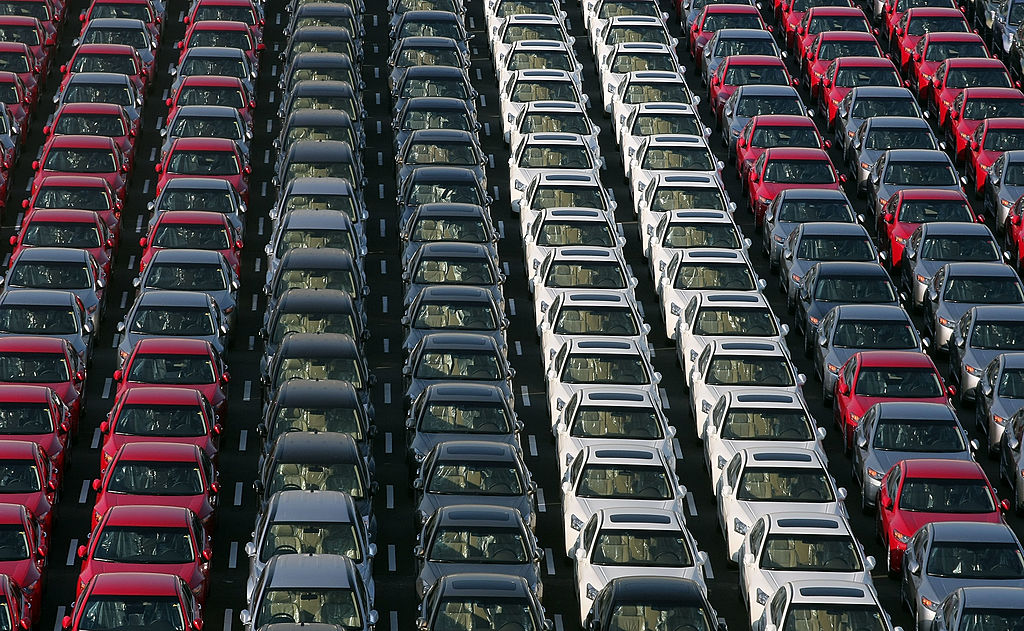
China and South Korea have also set dates to end net carbon neutral emissions. All of these countries have said that they will review the issue to establish policies and incentives to make it happen as quickly as possible. Would incentives be the key to doing the same in the US?
Since California’s announced ban some feel it is too conservative while others question what the electric grid can handle. Tesla founder Elon Musk says electric cars will double the amount of electricity needed soon. But don’t forget, vehicle-to-grid technology means that battery-powered cars can also feed electricity back onto the grid. This would be done in cases of low capacity or operator errors.
EVs can also provide electricity to individual owners who face blackouts or electricity shortages. So, while there will be a heightened need for electricity in times of shortages EVs can soften the negative impacts. And what about the new administration just coming into Washington DC?
President-elect Joe Biden has said the US will curb greenhouse gas emissions

President-elect Joe Biden has made it clear that the US will be on a path to curb greenhouse gas emissions once he takes office. He has already appointed former Secretary of State John Kerry to oversee a special group devoted to fighting greenhouse gas emissions. So, with that much thrust with almost two months left before he takes office, it looks like the President of the United States plans on being far more aggressive than what we’ve seen so far.
Taken all together we are necessarily on the verge of seeing a drastically different automotive landscape over the next 20 years. Are you ready for it? Are you for or against it? Tell your pals at Motorbiscuit what you think.
